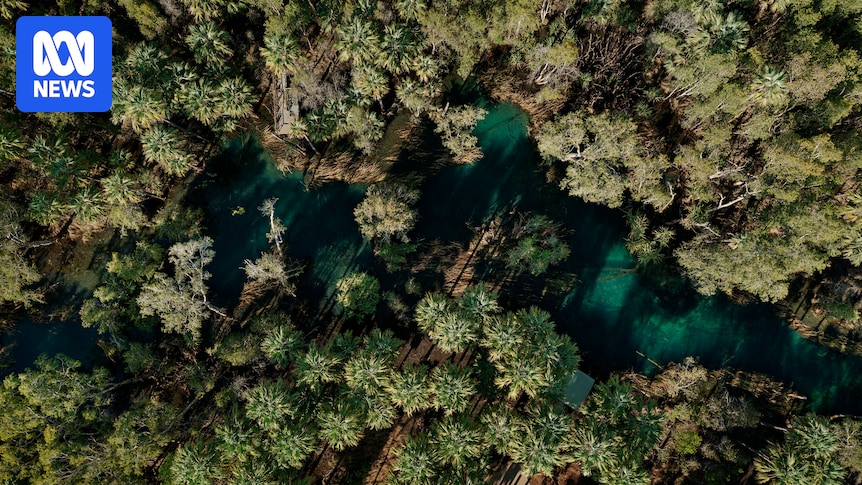Water Wars: Eco-Activists Sue Over Controversial Mataranka Groundwater Scheme

Environmental advocates in the Northern Territory have escalated their opposition to the government's controversial Mataranka water extraction plan, filing a legal challenge to protect the region's precious water resources. The lawsuit targets a proposed water allocation that would permit an unprecedented 62,000 megalitres per year to be drawn from the critical aquifer that sustains the area's renowned hot springs.
The legal action highlights growing concerns about the potential environmental impact of such extensive water extraction. Conservationists argue that the proposed water plan could irreparably damage the delicate ecosystem surrounding the iconic Mataranka hot springs, a natural wonder that attracts tourists and holds significant ecological importance.
By challenging the government's water management strategy, the environmental group aims to draw attention to the long-term sustainability of the region's groundwater resources and protect the unique natural environment that makes Mataranka a special destination in the Northern Territory.
The case is expected to spark a broader debate about water resource management, environmental conservation, and the balance between economic development and ecological preservation.
